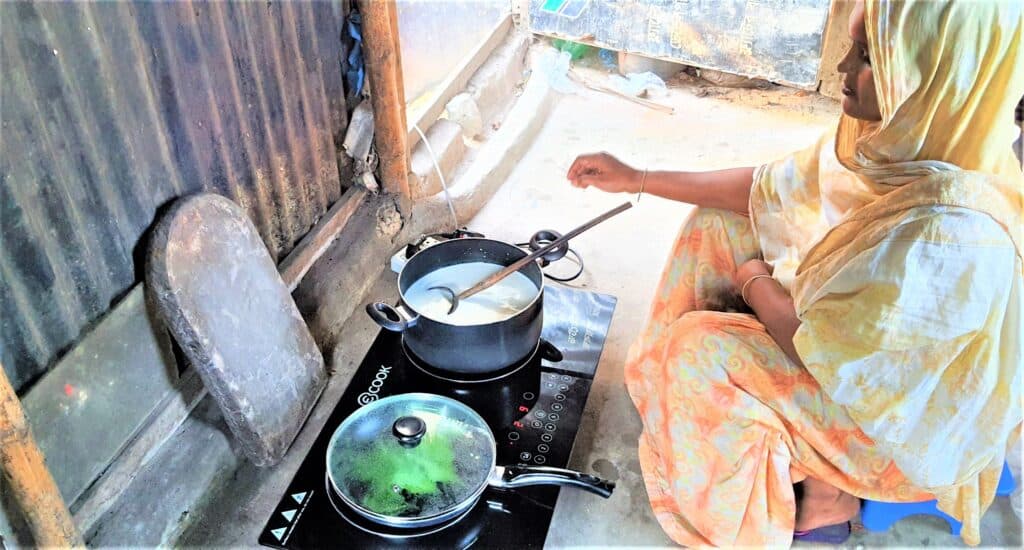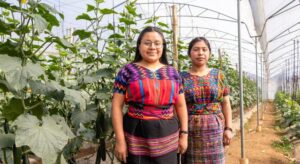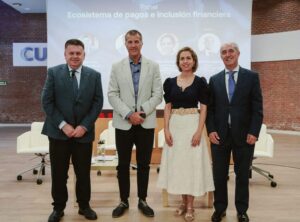ATEC, a world leader in IoT-enabled electric kitchens, has raised $3.75 million in a Series A investment round for its expansion in Asia and Africa. Schneider Electric Energy Access Asia (SEEAA), a fund managed by Schneider Electric, and Spark+ Africa Fund have led this investment. Among other investors participating in the round are DRW, Save the Children Global Ventures, Kibo Investments, and iDE.
SEEAA is a €21 million fund that invests in clean energy startups in South and Southeast Asia. Gilles Vermot Desroches, Senior Vice President of Corporate Citizenship at Schneider Electric and Chairman of SEEAA, expressed his excitement in supporting ATEC in its growth. Vermot Desroches highlighted the importance of combining IoT and carbon financing to democratize access to sustainable cooking.
ATEC has developed cooking technology that produces verifiable and auditable carbon credits, addressing overcrediting issues impacting stove carbon markets. Ben Jeffreys, co-founder and CEO of ATEC, stated that the company will expand its partnerships with last-mile distributors and carbon buyers in Asia and Africa. Jeffreys emphasized the goal of empowering 800 million women in the Global South to be active participants in reducing climate change and generating income from it.
Since 2019, ATEC has been recognized for its leadership in decarbonizing gastronomy, being one of the projects recommended by the University of Berkeley. The ability to provide 100% auditable data will be key to unlocking carbon markets in Africa and Asia.
Peter George and Xavier Pierluca, investment directors at Spark+, noted that the reliability of electrical grids in Africa makes electricity a viable option for modern and clean cooking, highlighting that ATEC’s IoT technology will reduce initial and ongoing barriers to adoption.
With the funds from this Series A, ATEC will continue to invest in R&D, especially in IoT and Web3.0, to bring the benefits of these technologies to households in developing countries. In the next decade, ATEC plans to generate 10 gigawatt hours of decarbonized energy for cooking daily, reducing up to 10 million tons of carbon emissions per year. Additionally, the elimination of wood smoke from cooking will have a positive impact on the health of women and children.
via: MiMub in Spanish












